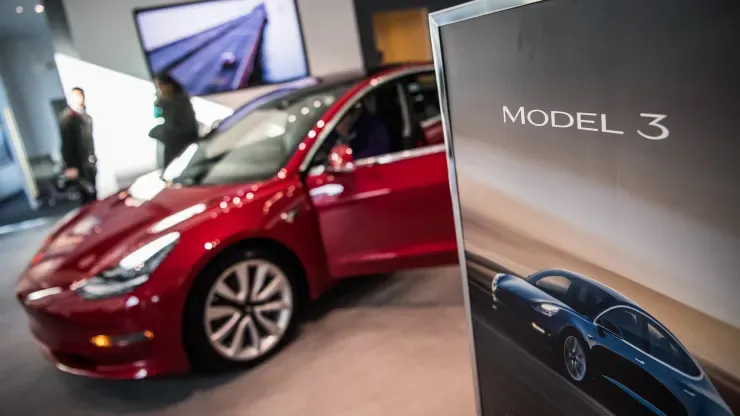From CNBC.com…
Automakers from Tesla to Rivian to Cadillac are hiking prices on their electric vehicles amid changing market conditions and rising commodity costs, specifically for key materials needed for EV batteries.
Battery prices have been declining for years, but that may be about to change. One firm projects a sharp increase in demand for battery minerals over the next four years that could push the price of EV battery cells up by more than 20%. That’s on top of already-rising prices for battery-related raw materials, a result of supply-chain disruptions related to Covid and Russia’s invasion of Ukraine.
The higher costs have some electric vehicle makers boosting their prices, making the already-expensive vehicles even less affordable for average Americans and begging the question, will surging commodity prices slow the electric-vehicle revolution?
Passing costs on
Industry leader Tesla has worked for years to lower the costs of its vehicles, part of its “secret master plan” to promote a global shift to zero-emissions transportation. But even it has had to raise its prices several times over the last year, including twice in March after CEO Elon Musk warned that both Tesla and SpaceX were “seeing significant recent inflation pressure” in raw materials prices and transportation costs.
Most Teslas are now significantly more expensive than they were at the beginning of 2021. The cheapest “Standard Range” version of the Model 3, Tesla’s most affordable vehicle, now starts at $46,990 in the U.S., up 23% from $38,190 in February 2021.
Rivian was another early mover on price hikes, but its move wasn’t without controversy. The company said on March 1 that both of its consumer models, the R1T pickup and R1S SUV, would get hefty price increases, effective immediately. The R1T would jump 18% to $79,500, it said, and the R1S would jump 21% to $84,500.
Rivian at the same time announced new lower-cost versions of both models, with fewer standard features and two electric motors instead of four, priced at $67,500 and $72,500 respectively, close to the original prices of their plusher four-motor siblings.
The adjustments raised eyebrows: At first, Rivian said that the price hikes would apply to orders placed before March 1 as well as to new orders, essentially doubling back to existing reservation holders for more money. But two days of pushback later, CEO RJ Scaringe apologized and said Rivian would honor the old prices for orders that were already placed.
“In speaking with many of you over the last two days, I fully realize and acknowledge how upset many of you felt,” Scaringe wrote in a letter to Rivian stakeholders. “Since originally setting our pricing structure, and most especially in recent months, a lot has changed. Everything from semiconductors to sheet metal to seats has become more expensive.”
Lucid Group is also passing on some of those higher costs to the well-heeled buyers of its expensive luxury sedans.
The company said on May 5 that it will raise the prices of all but one versionof its Air luxury sedan by about 10% to 12% for U.S. customers who place their reservations on or after June 1. Perhaps mindful of Rivian’s about-face, Lucid CEO Peter Rawlinson assured customers that Lucid will honor its current prices for any reservations placed through the end of May.
Customers making reservations for a Lucid Air on June 1 or later will pay $154,000 for the Grand Touring version, up from $139,000; $107,400 for an Air in Touring trim, up from $95,000; or $87,400 for the least expensive version, called Air Pure, up from $77,400.
Pricing for a new top-level trim announced in April, the Air Grand Touring Performance, is unchanged at $179,000, but — despite similar specs — it’s $10,000 more than the limited-run Air Dream Edition it replaced.
“The world has changed dramatically from the time we first announced Lucid Air back in September 2020,” Rawlinson told investors during the company’s earnings call.






